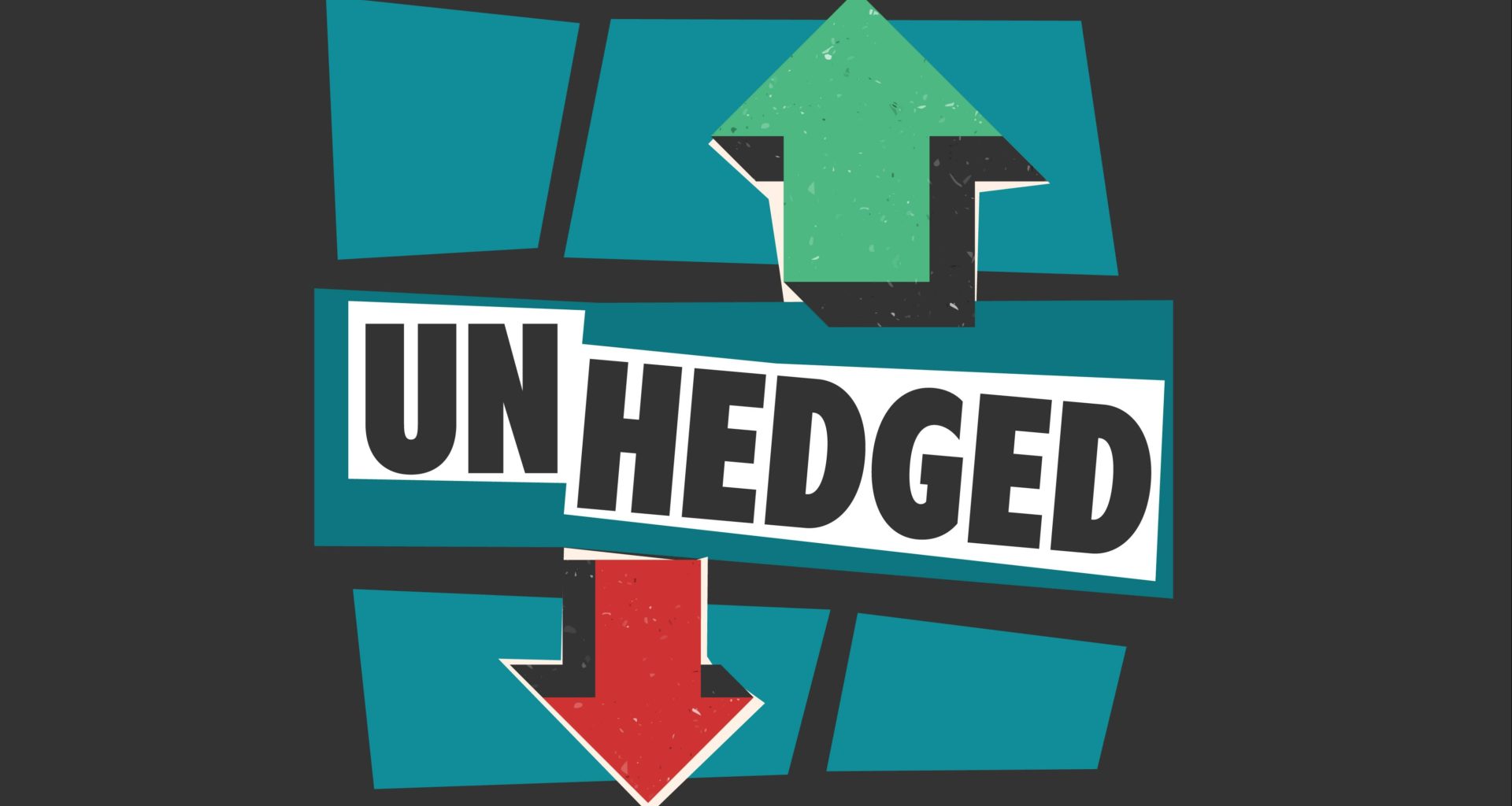Unlock the Editor’s Digest for free
Roula Khalaf, Editor of the FT, selects her favourite stories in this weekly newsletter.
Good morning. The FT’s Eric Platt, along with our data team, has published a terrific read on Berkshire Hathaway and whether its heirs apparent can pick stocks as well as Warren Buffett. Read it; it is a great piece of reporting, and a good demonstration of how hard it is to assess what is going on inside the last great American conglomerate. I will weigh in after the rest of the series is published. Meanwhile, email me your thoughts: robert.armstrong@ft.com.
The Frozen Fed
Yesterday, I wrote that the Federal Reserve was “stuck”, with “no choice to await an improvement in the data before cutting rates”. It turns out “stuck” was, if anything, too weak a word. The Fed, on the evidence of yesterday’s statement and chair Jay Powell’s press conference, is utterly frozen between two poles, unable to even gesture in either direction.
On one side, the central bank wants to be absolutely clear that there will be no cuts until the news on inflation improves. This was made clear in the statement. The phrase “lack of further progress” was right there in the first paragraph. In the second paragraph the point was hammered home by a shift from the present continuous into the present perfect . “Risks . . . are moving into better balance” was the message in the March statement. Now the risks “have moved towards better balance over the past year”. Progress, the Fed acknowledges, is drifting into the past.
On the other side, Powell is not coming within commuting distance of the idea that a rate increase might be needed. Various reporters tried to push the chair into admitting the possibility. He wasn’t having it: nothing, repeat nothing, in the current situation is suggestive that higher rates are required, he insisted.
What justifies his confidence that policy is already tight enough? Two things. First, the labour market continues to loosen. Powell mentioned Wednesday’s Job Openings and Labor Turnover Survey, which showed job openings falling to a three-year low, as well as worker and employer surveys showing that it is easier to find workers and harder to find jobs. Next, Powell is keeping the faith that rent inflation on new leases has fallen, and that this will show up in official measures of housing inflation, which are tilted to older leases, eventually. He remains confident it will happen, he says. Only the timing is less certain now. Unhedged is less confident.
The most interesting moment of the conference — which was, overall, a monument to stasis — was when a reporter asked if the loosening of financial conditions had contributed to 2024’s strong growth (and stubborn inflation). Translation: did you dopes do this to yourselves, by pivoting towards loosening so dramatically back in December? Powell said that growth had not accelerated this year, it has only continued, and that the exact causes of inflation were hard to sort out without the benefit of time passing. The fact this answer was probably true did not make it any more satisfying.
A peripheral note. Powell was asked a question that is the subject of much Wall Street speculation: whether, for political reasons, cutting rates will get harder as the November election approaches. He replied that it did not. He and his colleagues would do what they thought was best for the economy, whatever the timing. I think this is true, and not because Fed officials are less political than the rest of us. I just don’t see the incentive for a member of the monetary policy committee to bend over backwards to appear apolitical, or to act to please one party or the other. The reputational risks involved in playing that game seem much greater than the gains to be had by winning it.
Starbucks and the other tiny horsemen of the economic apocalypse
This newsletter has noted on several occasions that poorer consumers are suffering distress that is absent elsewhere in the economy. This makes perfect sense. Inflation and the sharp rise in interest rates will have little effect on a household with more assets than liabilities. The ballooning value of the former will make up for the higher cost of the latter. But if your net worth is negative, the big increase in the cost of your car or credit card loan is going to bite.
The question has always been whether, over time, problems will creep upward into higher income brackets, creating a larger drag on the aggregate economy. Enter Starbucks’ first-quarter earnings report, which was bad enough to send the shares down nearly 16 per cent yesterday. It was, as far as I know, the first properly shocking first quarter earnings report from a large consumer-facing company.
US same-store sales fell 3 per cent. The average revenue per visit rose 4 per cent, but there were 7 per cent less visits. The company’s CEO said:
We continue to feel the impact of a more cautious consumer, particularly with our more occasional customer, and a deteriorating economic outlook has weighed on customer traffic, an impact felt broadly across the industry. In the US, severe weather impacted both our US and total company comp by nearly 3 per cent during the quarter.
I do not know which I find less convincing, the familiar weather excuse or the claim that there was a “deteriorating economic outlook” that shows up in so few other places (Mastercard reported yesterday too; transaction volumes on its US networks were higher in the first quarter of this year than the last quarter of 2023). But if one were looking for evidence that higher rates were finally pinching the American middle class, it would be hard to find a more poetic example than a declining propensity to pay $7 for a cup of coffee. And Starbucks is a big, important company.
So we place Starbucks in a column alongside the declining consumer confidence surveys, a slightly weaker ISM manufacturing report, and a gently softening jobs market — all recent evidence of a nascent slowdown. Overall, the US economy’s balance sheet still looks pretty good to Unhedged, but we are keeping an eye on it.
One good read
How to handle a campus protest (and how not to).
FT Unhedged podcast

Can’t get enough of Unhedged? Listen to our podcast for a 15-minute dive into the latest markets news and financial headlines, twice a week. Catch up on past editions of the newsletter here.
Read More: World News | Entertainment News | Celeb News
FT








